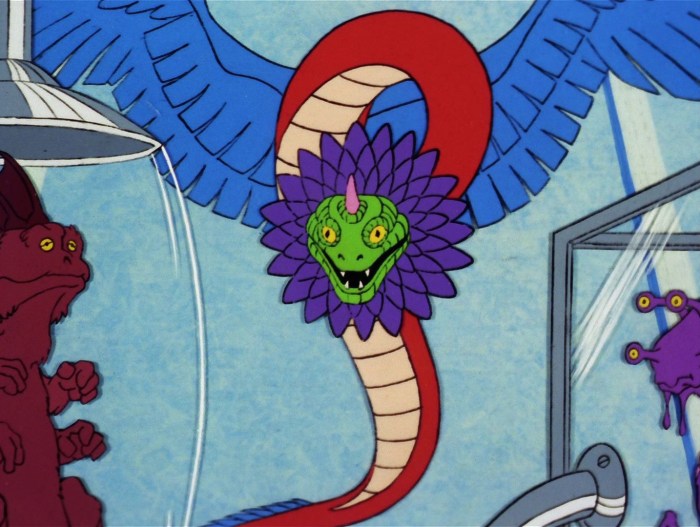Sharper than a serpent’s tooth bible – Sharper than a serpent’s tooth, a phrase originating from the Bible, has become a potent metaphor for the excruciating pain inflicted by betrayal. This article delves into the biblical context, metaphorical meaning, literary analysis, cultural impact, psychological interpretation, and artistic representations of this evocative phrase, exploring its profound significance in human experience.
The phrase “sharper than a serpent’s tooth” first appears in the Book of Psalms, where the psalmist laments the treachery of false friends. Throughout history, it has been employed by poets, writers, and artists to convey the agony of betrayal, loss, and emotional trauma.
1. Biblical Context

The phrase “sharper than a serpent’s tooth” originates from the Book of Psalms in the Bible. Specifically, it appears in Psalm 58:4, which reads:
Their poison is like the poison of a serpent; they are like deaf adders that stop their ears.
In this context, the phrase is used to describe the venomous and deadly nature of the psalmist’s enemies. The serpent’s tooth is a symbol of treachery and betrayal, as serpents were often associated with evil and deception in biblical narratives.
2. Metaphorical Meaning
The phrase “sharper than a serpent’s tooth” has become a widely recognized metaphor for intense pain or betrayal. It is used to convey the emotional anguish caused by the actions of others, often those we trust or hold dear.
The metaphor draws upon the venomous nature of serpents, which can inflict excruciating pain with their bites. Similarly, the betrayal or hurt inflicted by others can pierce the heart and cause deep emotional suffering.
3. Literary Analysis

The phrase “sharper than a serpent’s tooth” has been employed in numerous literary works throughout history, often to enhance the themes of betrayal, loss, or emotional turmoil.
Example: William Shakespeare’s “King Lear”
In Shakespeare’s tragedy “King Lear,” the phrase is uttered by the titular character as he laments the treachery of his daughters:
Sharper than a serpent’s tooth it isTo have a thankless child.
Here, the phrase serves to emphasize the intense pain Lear experiences as a result of his daughters’ betrayal and ingratitude.
4. Cultural Impact: Sharper Than A Serpent’s Tooth Bible
The phrase “sharper than a serpent’s tooth” has had a significant impact on Western culture, finding its way into idioms, proverbs, and popular culture.
For instance, the phrase “a serpent’s tooth” has become synonymous with treachery and betrayal, while the idiom “to add insult to injury” often incorporates the phrase to describe the additional pain inflicted by a malicious act.
5. Psychological Interpretation

The phrase “sharper than a serpent’s tooth” can be interpreted from a psychological perspective as well.
Betrayal and emotional pain can activate the brain’s pain matrix, which is responsible for processing physical pain. This suggests that the emotional anguish caused by betrayal can be just as intense as physical pain.
6. Artistic Representations

The phrase “sharper than a serpent’s tooth” has also been depicted in various forms of art.
Example: “The Betrayal of Christ” by Caravaggio, Sharper than a serpent’s tooth bible
In Caravaggio’s famous painting “The Betrayal of Christ,” the phrase is visually represented through the sharp and piercing gaze of Judas Iscariot as he betrays Jesus with a kiss.
Popular Questions
What is the origin of the phrase “sharper than a serpent’s tooth”?
The phrase originates from the Book of Psalms in the Bible, where it is used to describe the pain of betrayal.
How has the phrase been used in literature and art?
The phrase has been employed by poets, writers, and artists throughout history to convey the agony of betrayal, loss, and emotional trauma.
What is the psychological interpretation of the phrase?
The phrase can be used to describe the emotional pain caused by betrayal, loss, or trauma, reflecting the psychological mechanisms that underlie its impact.